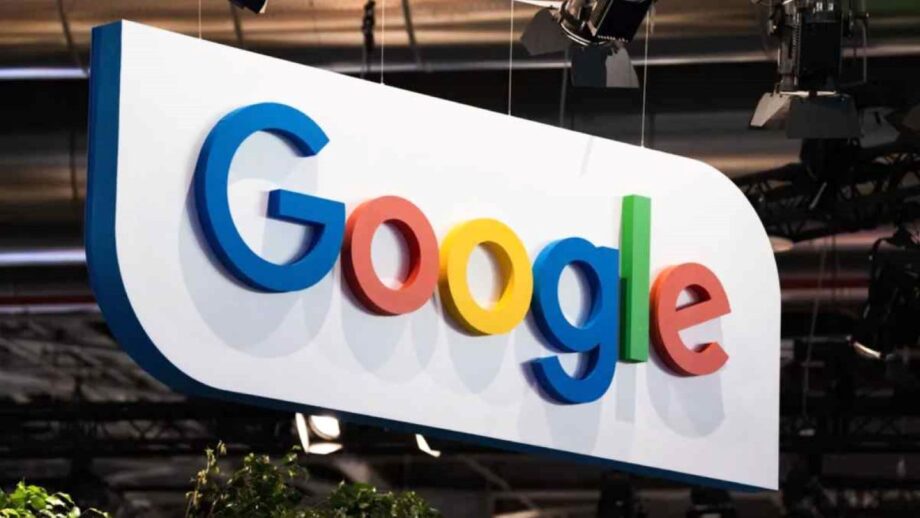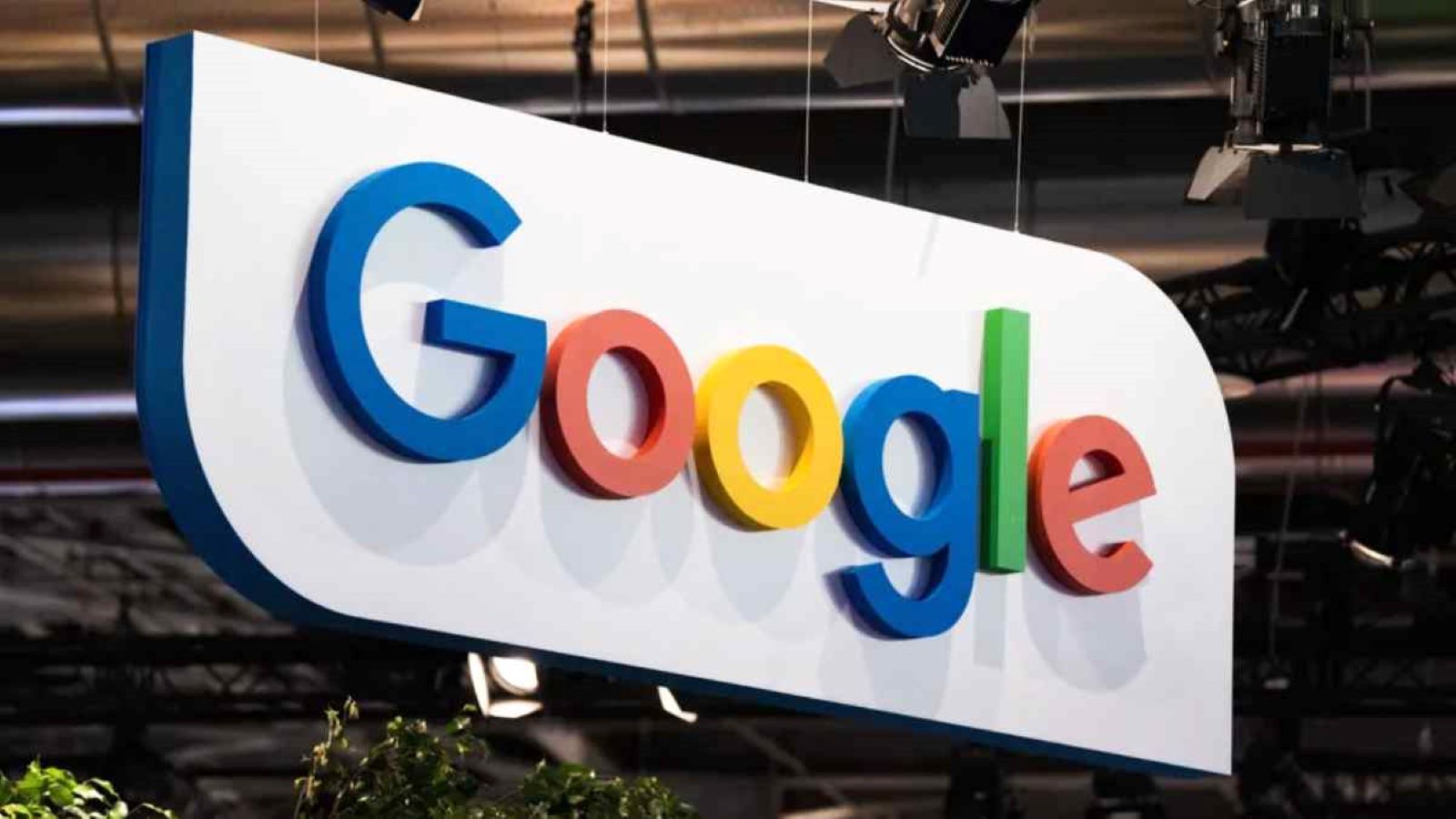Alphabet Inc., the parent company of Google, saw its stock jump significantly after a long-awaited court decision brought some regulatory clarity. A US federal judge, Amit Mehta, ruled that Google would not be forced to sell its widely used Chrome browser. This was a central remedy sought by the Department of Justice in its landmark antitrust lawsuit.
For investors, the ruling removed a major point of concern. It signaled that Google’s core business model would remain intact for now. The market responded immediately. Shares of Alphabet (GOOGL) surged over 8 percent, translating to more than $150 billion added to its market value in a single day. It was one of the company’s most dramatic single-day gains in 2025 so far.
Key Takeaways
- A US federal judge ruled that Google does not have to sell its Chrome browser or Android operating system.
- The ruling is seen as a major win for Alphabet Inc. and removes a large element of regulatory uncertainty.
- Alphabet stock rose more than 8 percent, adding over $150 billion to its market capitalization.
- Although a breakup was avoided, the court still imposed restrictions requiring Google to share some search data with competitors.
- The judge referenced the rapid growth of artificial intelligence as a factor reshaping competition in the search market.
The Landmark Antitrust Case
This decision marks a key moment in the Justice Department’s years-long effort to challenge Google’s dominance in online search. The lawsuit, filed in 2020, accused Google of holding an illegal monopoly. Central to the government’s case was the idea that Google used its control over distribution tools like Chrome and Android to lock out competitors and entrench its position.
As part of the proposed remedies, the DOJ had argued for a structural breakup. That included forcing Google to divest Chrome and Android entirely. But on Tuesday, September 2, 2025, Judge Mehta ruled that this remedy went too far. He said the government had “overreached” and warned that forcing such a divestiture would be “incredibly messy and highly risky.” In his view, it would not address the core issues effectively.
Instead of ordering a breakup, the court settled on more targeted measures. Google is now barred from entering into exclusive contracts for distributing its services, including Google Search and its Gemini AI app. The company will also be required to share certain search-related data with rival firms. This is meant to promote more competition in both the search engine and AI markets.
The ruling also acknowledged that the competitive landscape is changing. The judge specifically mentioned the rise of AI-driven tools like ChatGPT and Perplexity as part of that shift. These new players, he suggested, could act as real alternatives to traditional search engines and might already be challenging Google’s dominance in some ways.
The Impact on Alphabet’s Stock
Wall Street responded quickly. The risk of a forced breakup had been a weight on Alphabet’s valuation for months. The company’s tightly connected services, particularly in advertising and search, rely on unified platforms like Chrome and Android. A breakup would have introduced enormous operational complexity and potentially weakened those links.
With that risk now removed, investors breathed a sigh of relief. The ruling keeps Google’s main structure intact, which was clearly viewed as a positive outcome.
The effects were not limited to Alphabet. Other tech giants saw modest gains too. The ruling signaled that while regulators are prepared to step in with rules and constraints, courts may be less willing to dismantle the core operations of large tech firms entirely. Apple, for instance, has a lucrative deal with Google to make its search engine the default on iPhones. That deal will be allowed to continue under the new rules, though it will now be limited to one year at a time and must be non-exclusive.
Frequently Asked Questions
Q. What was the US vs. Google antitrust case about?
A. The case was a lawsuit filed by the US Department of Justice against Google, accusing the company of using anticompetitive practices to maintain a monopoly in the online search market.
Q. Why did the judge not force Google to sell Chrome?
A. The judge, Amit Mehta, concluded that forcing Google to sell Chrome was not a fitting remedy for the case. He noted that the browser was not a direct cause of the monopoly. He also cited the new competition from AI companies as a reason to avoid a drastic measure.
Q. Will I notice any changes to Google Search after this ruling?
A. For most users, there will be no immediate, visible changes. The ruling’s effects are more focused on the business side, such as limiting exclusive contracts and requiring Google to share data with competitors. This could lead to better search products from other companies over time.
Q. What is Alphabet Inc.?
A. Alphabet Inc. is the parent company of Google and several other entities. It was formed in 2015 to separate Google’s core internet business from its other ventures. The company’s stock is publicly traded under the ticker symbols GOOGL and GOOG.






